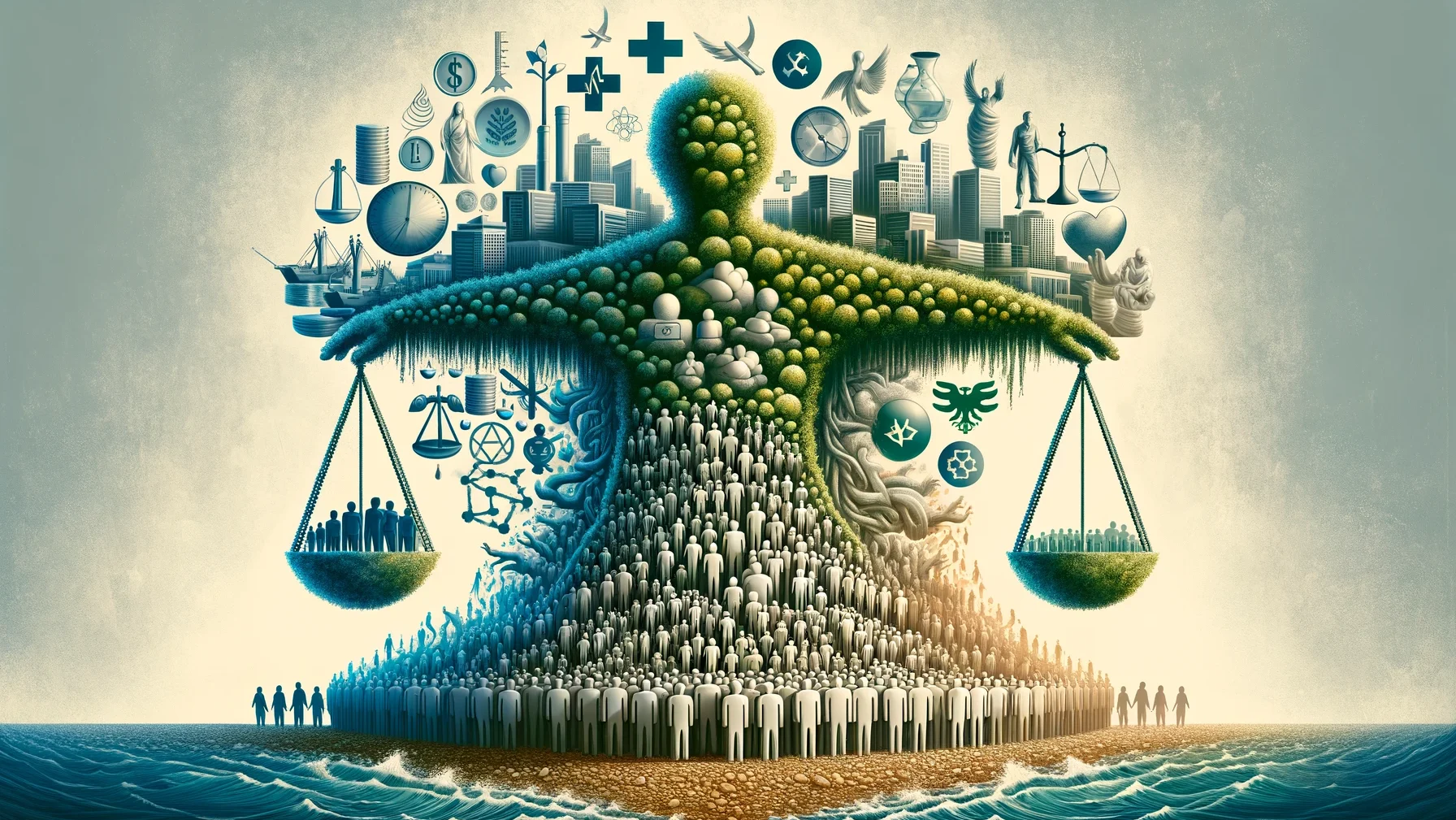The Dangers of Syrian Displacement to Lebanon
An-Nahar, Lebanon, September 30
The multifaceted risks stemming from the presence of displaced Syrians in Lebanon extend across multiple dimensions, posing significant threats to the nation’s security, stability, and existence. Beyond conventional concerns like terrorism and external military plots, these risks encompass various aspects of human development, as defined by the United Nations, including environmental, economic, health, personal, food, social, and political security. International organizations underscore that a state’s provision of human security for its citizens is as vital as safeguarding their human rights. With between 1.5 million and 2 million displaced Syrians, over half of whom entered the country illegally, Lebanon grapples with multifaceted challenges on several fronts. On the environmental security front, reports from the Litani River Authority highlight encroachments on river waters in refugee camps, leading to contamination of water sources and harm to groundwater. Lebanese rivers near these camps face similar issues, affecting agriculture and contaminating the food supply. Waste disposal problems within camps have led to disease outbreaks, while illegal tree cutting for heating disrupts the environment. Economically, tens of thousands of Syrian youths competing with Lebanese workers contribute to rising unemployment, while others engage in prohibited professions, negatively impacting local companies. Unfair competition arises as displaced Syrians often evade taxes. Camps consume state-provided resources, depriving the government of revenue. Occupied land areas limit investment opportunities, and the influx of Syrian students strains Lebanese schools. Health security faces challenges as hospitals grapple with increased pressure, affecting bed availability and health care resources. Population density within camps raises the risk of epidemics and infectious diseases. The surge in population demands more food and resources, impacting the country’s supply of bread and basic goods, leading to price inflation and market shortages. Personal security has deteriorated significantly with a rise in various crimes, much of which is attributed to displaced Syrians. The influx of illegal migrants further complicates matters, as authorities lack knowledge of their identities, making apprehension difficult. The birth of thousands of Syrian children each month poses a societal security threat, as their unregistered status creates uncertainty about potential naturalization and return to Syria, particularly amid reports of the Syrian regime seeking demographic changes. Tens of thousands of undocumented Syrian children among the displaced population pose a future security risk, while cultural and identity disparities threaten societal unity. In terms of political security, the presence of displaced Syrians belonging to different political affiliations in politically divided regions can undermine stability. This issue carries political sensitivity on the domestic Lebanese front and may be exploited to serve specific agendas. In conclusion, the multifaceted threats posed by displaced Syrians to Lebanese human security are numerous and perilous, further compounded by traditional security concerns. Addressing these issues requires a series of measures, including the distribution of displaced Syrians into designated camps, prioritizing their needs, and setting clear regulations. Additionally, the issue of displaced Syrian children should be elevated to the Arab League’s agenda, and measures should expedite the handling of illegally entered Syrians. Lebanese authorities must also resist international pressures related to displaced persons, using the migration card to secure aid while safeguarding their nation’s security and identity. — Riad Kahwaji (translated by Asaf Zilberfarb)


